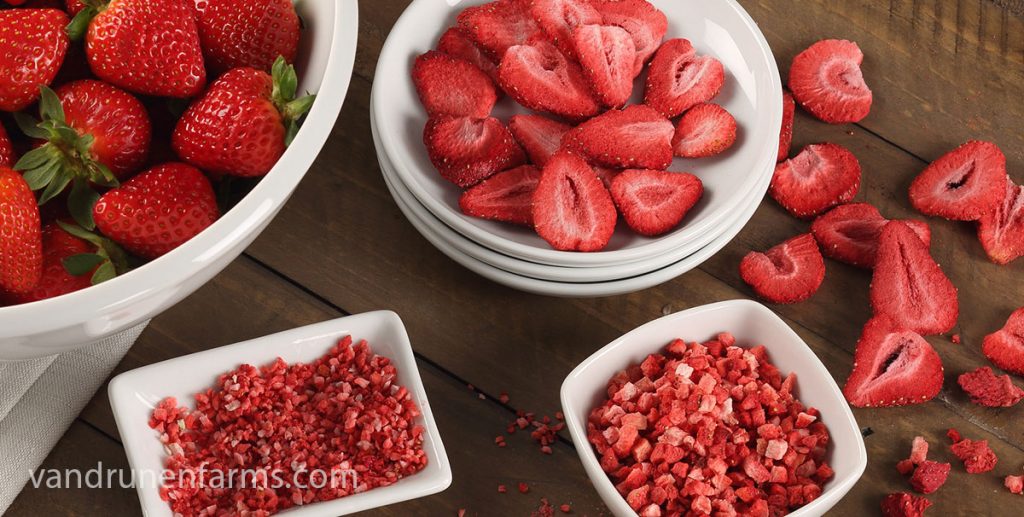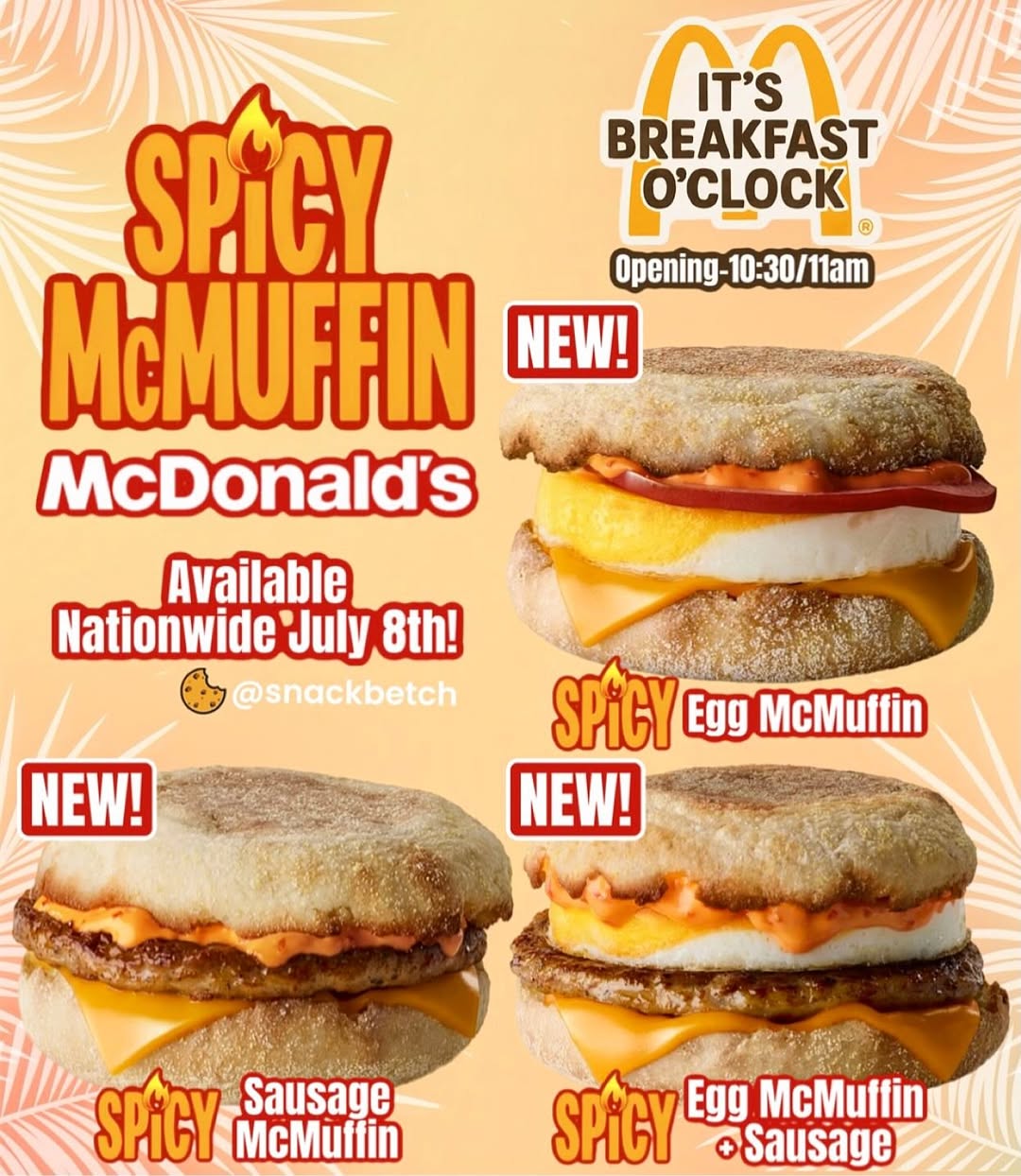The Benefits of Freeze-Dried Food
At [Your Company Name], we understand the importance of providing our customers with the best quality freeze-dried food. In this article, we will explore the numerous benefits of freeze-dried food and why it has become a popular choice for many individuals and families. By the end, you will have a comprehensive understanding of why freeze-dried food is a fantastic option for both short-term and long-term food storage.
Long Shelf Life
One of the primary advantages of freeze-dried food is its remarkably long shelf life. Unlike traditional food storage methods, freeze-drying removes nearly all moisture from the food, which significantly extends its lifespan. Properly stored freeze-dried food can last up to 25 years or even longer, making it an excellent choice for emergency preparedness or long-term storage needs.
Retains Nutritional Value
Freeze drying is a gentle preservation process that helps retain the nutritional value of the food. Unlike other methods that may involve high heat or chemical additives, freeze-drying preserves the natural vitamins, minerals, and enzymes present in the food. This means that even after years of storage, freeze-dried food can still provide essential nutrients, ensuring you and your loved ones receive the nourishment you need during challenging times.
Convenience and Portability
Another significant advantage of freeze-dried food is its convenience and portability. The freeze-drying process removes water content, reducing the overall weight of the food significantly. This makes freeze-dried meals lightweight and easy to carry, whether you are backpacking, camping, or preparing for an emergency. With freeze-dried food, you can enjoy a delicious and nutritious meal wherever you go, without the need for refrigeration or cooking facilities.
Great Taste and Texture
Contrary to popular belief, freeze-dried food doesn’t sacrifice taste or texture. The freeze-drying process preserves the natural flavors and textures of the food, ensuring that when you rehydrate it, it tastes just as delicious as fresh food. Whether you are enjoying freeze-dried fruits, vegetables, or even full meals, you can expect the same great taste and texture that you would experience with fresh ingredients.
Minimal Food Waste
Food waste is a significant concern in our society, but with freeze-dried food, you can greatly reduce waste. Freeze drying allows you to store food for an extended period without the risk of spoilage. This means you can buy in bulk, reduce packaging waste, and only rehydrate the amount you need for a meal, minimizing leftovers that often end up in the trash. By choosing freeze-dried food, you can contribute to a more sustainable and environmentally friendly lifestyle.

In conclusion, freeze-dried food offers numerous benefits that make it an excellent choice for various situations. Its long shelf life, retention of nutritional value, convenience and portability, great taste and texture, as well as its ability to minimize food waste, make freeze-dried food a valuable addition to any pantry or emergency supply. At [Your Company Name], we are dedicated to providing high-quality freeze-dried food that surpasses expectations. Choose freeze-dried food and experience the advantages it offers today.
Frequently Asked Questions about the Benefits of Freeze-Dried Food
1. What is freeze-dried food?
Freeze-dried food is a preservation process that removes moisture from food, making it lightweight, compact, and easy to store.
2. How is freeze-dried food made?
Freeze-dried food is made by freezing the food and then placing it in a vacuum chamber where the frozen water content is directly converted into vapor, leaving behind the dehydrated food.
3. What are the benefits of freeze-dried food?
Freeze-dried food offers several benefits including:
Long shelf life: Freeze-dried food can last for years without losing its nutritional value.
Lightweight and portable: It is easy to carry during outdoor activities like camping, hiking, or backpacking.
Retains nutritional value: Freeze drying preserves the nutrients, color, and taste of the food.
No preservatives or additives: Freeze-dried food is typically free from preservatives or additives.
Convenient and quick preparation: Just add water to rehydrate the food, and it’s ready to eat.
4. What types of food can be freeze-dried?
Almost any type of food can be freeze-dried, including fruits, vegetables, meat, dairy products, and even complete meals.
5. Is freeze-dried food safe to eat?
Yes, freeze-dried food is safe to eat. The process of freeze-drying removes moisture, which inhibits the growth of bacteria, yeast, and mold.
6. Can freeze-dried food be stored for a long time?
Yes, freeze-dried food can be stored for an extended period, typically up to 25 years, if stored in proper conditions such as airtight packaging and a cool, dry place.
7. Does freeze-drying affect the taste of the food?
Freeze drying helps retain the original taste and flavor of the food, making it taste almost the same as fresh food when properly rehydrated.
8. Is freeze-dried food more expensive than regular food?
Generally, freeze-dried food may be slightly more expensive than regular food due to the specialized process involved in preserving it. However, considering its longer shelf life and convenience, it can be cost-effective in the long run.
9. How should freeze-dried food be stored?
Freeze-dried food should be stored in airtight containers or pouches to prevent moisture and air exposure. It is best to keep them in a cool, dry place away from direct sunlight.
10. Can freeze-dried food be rehydrated with any liquid?
Yes, freeze-dried food can be rehydrated with any liquid, but water is the most commonly used. However, using specific liquids like broth can add extra flavor to the rehydrated food.




